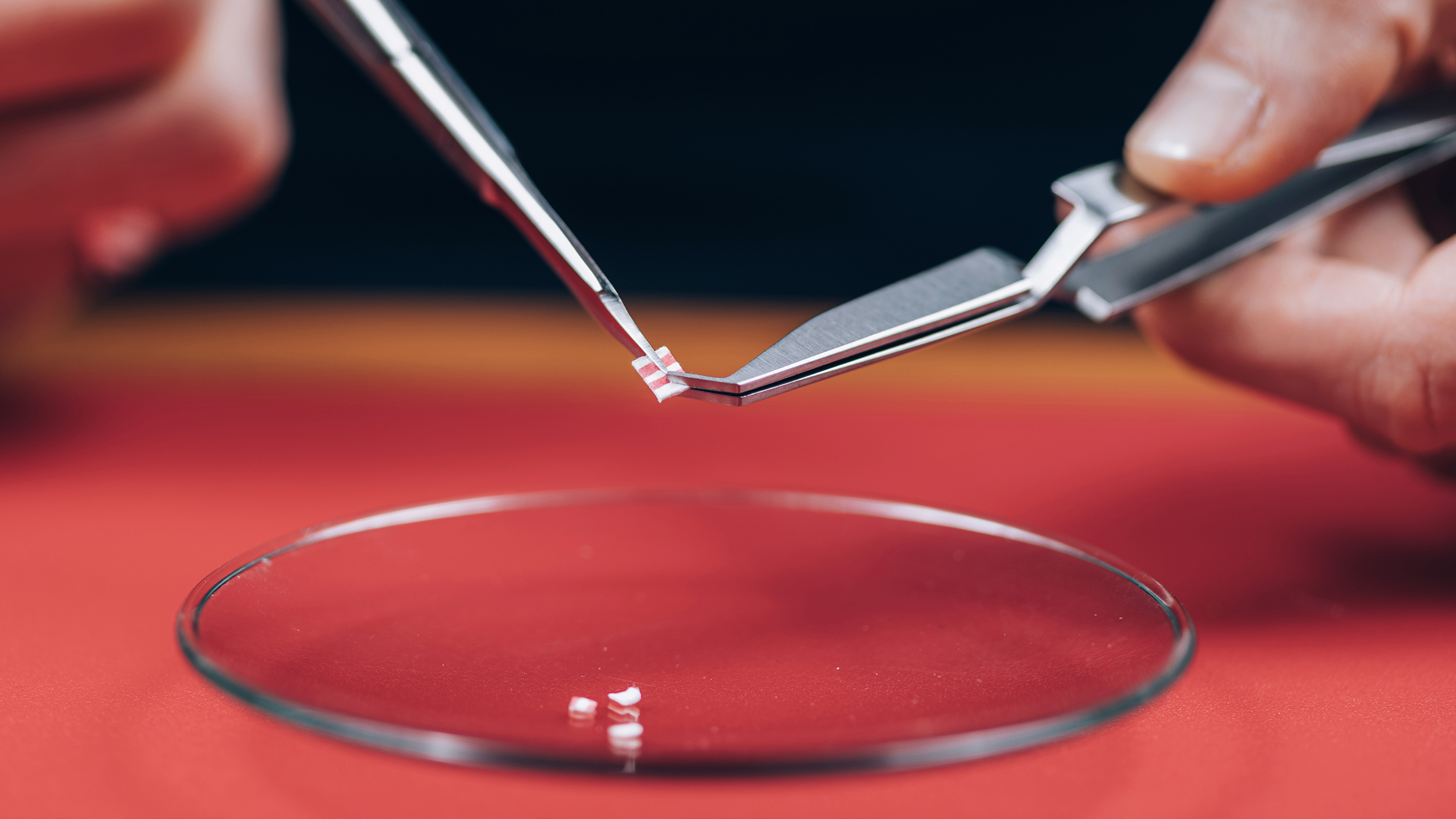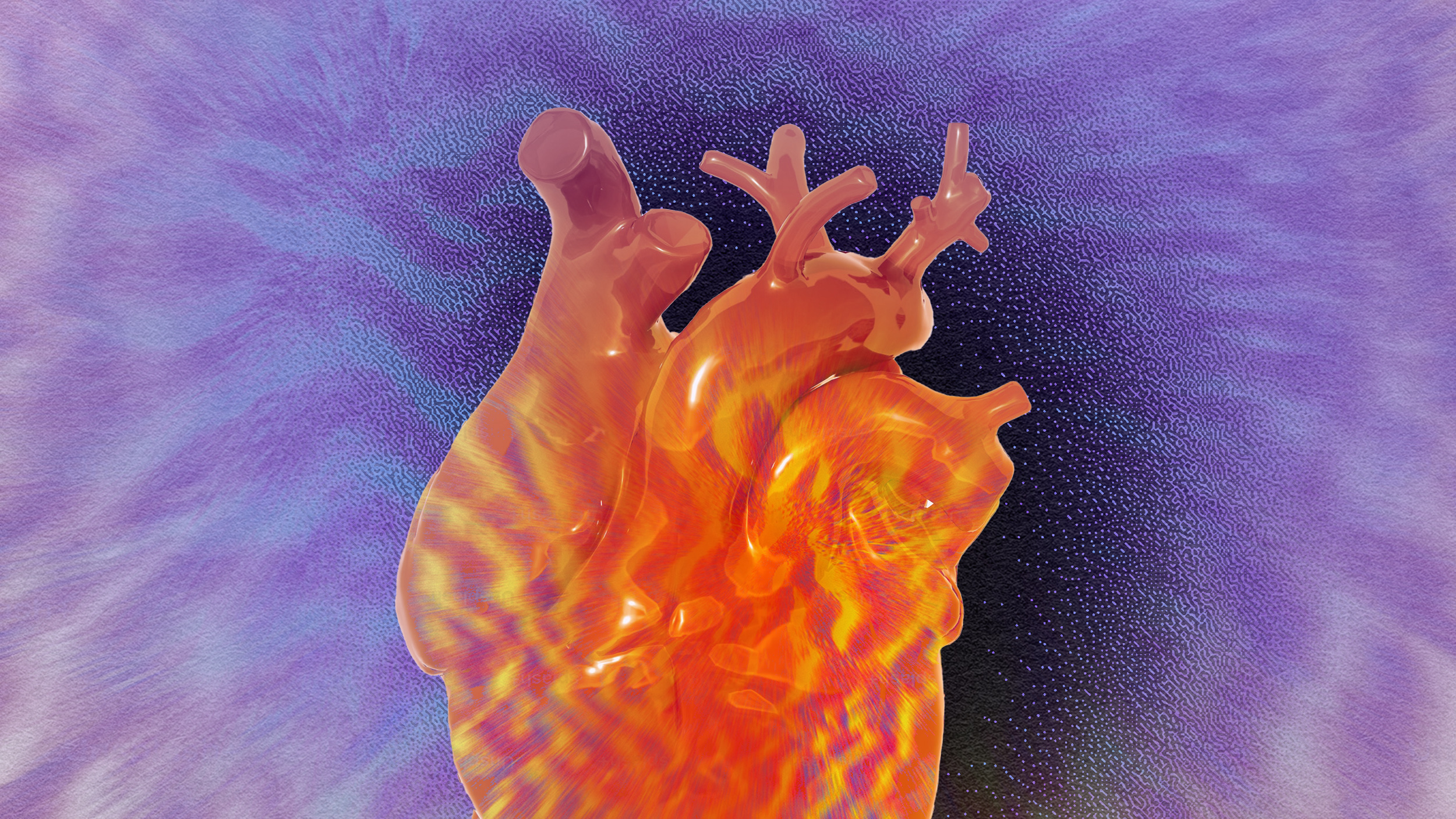Humans have been consuming psychedelic substances for millennia, but only in the past century have we made significant progress in understanding how they affect the brain and our psychology.
We have learned, for example, that psychedelic drugs like psilocybin, LSD, and DMT cause psychedelic experiences primarily by affecting a particular type of serotonin receptor, while other drugs like ketamine and PCP primarily affect the glutamate system.
But there remain open questions about how these biological effects contribute to profound psychological changes in people who take psychedelics. One answer seems to center on how the drugs spark communication between different brain regions. What’s more, psychedelics seem to encourage greater neuroplasticity, meaning the brain becomes primed to learn new things in the wake of a psychedelic experience.
Check out this Big Think interview with Matthew Johnson, a professor of psychiatry at Johns Hopkins University who explains how psychedelics work, and what researchers hope to uncover about the substances in the future.
MATTHEW JOHNSON: Every psychological experience has a biological correlate: these are two sides of the same coin. You see the color green, there's something happening in your brain that's coding that experience of the color green. So, with psychedelics, the biggest divide is whether we're talking about on the psychological side or the biological side. Does it work by hitting these brain receptors and then having other effects? Or does it work because of the experience? Clearly, there's this very real biological effect. Something dramatic happens to the brain when you put the psychedelic in the system, but then someone has this experience, and when they change their life because of that, that ends up sounding more like they went through a really good course of psychotherapy. So, psychedelics are really interesting at that bridge between the biological and the psychological.
What 'psychedelic' means from its linguistic roots is "mind manifesting." The idea that these are mind manifesting- that's consistent with this other notion that these are non-specific amplifiers. In other words, you could have a euphoric experience. You could have a hellish experience. Also, terminology is so difficult in this area. Psychedelic can be used to refer to what are called the "classic psychedelic compounds": psilocybin, which is in magic mushrooms, LSD, DMT, which is in ayahuasca, mescaline, which is in peyote. Those are the classic psychedelics. They affect a particular type of serotonin receptor and that's their primary mechanism of action.
But then you have other drugs that I think it's appropriate to call them psychedelic; other scientists will disagree. So for example, MDMA will work by releasing serotonin. So, that's a different mechanism. And you have other drugs such as ketamine and PCP. So, that affects the glutamate system in the brain primarily rather than the serotonin system. So, what does psychedelic mean then if it refers to multiple pharmacological classes of drugs that work in different ways? And the answer for me is that these are all drugs that can have a profound effect on one's sense of reality, including one's sense of self.
The huge question that's always thrown out is: 'How do these psychedelics work?' And you can just come at that from so many different angles. Now to go down that biological path, what's happening? There's a lot going on. For example, psilocybin, which people may know is the active agent in so-called "magic mushrooms." Once it's circulating through your blood, after you've eaten some of it, it actually converts to a related compound called psilocin, which is the thing that's actually hitting the brain receptors. And it activates a subtype of serotonin receptor. So, we have lots of different types of serotonin receptors in our brain. One is called the 'serotonin 2A' receptor, and psilocybin and the other classic psychedelics, can latch onto that the same way that our serotonin latches onto these brain receptors. So, psilocybin affects serotonin, but then serotonin affects the glutamate system.
And then at another level, you have this massive increase in communication, across these different silos in the brain. That is probably an important level of analysis that is underlying at the psychological level: patients who have claims of insight viewing themselves from a radically different perspective, from a different lens, and based on animal research, there also seems like there may be increased 'neuroplasticity' in the system so that in the days following the psychedelic experience, people are more primed to learn new things. There's a greater ability to establish a new and more optimal normal state.
So, there's seemed to really be something important about 'the nature of the experience' that people have during these sessions. It's not just about hitting a certain type of serotonin receptor in the brain. There's something about the psychology of the experience that unfolds during that session that tends to be important- which is in some sense what makes the psilocybin treatments, a bit more like psychotherapy than traditional psychiatric medications where you just take the pill and you forget it.
There's some interacting reasons why the psychedelic renaissance is happening now. Our society has been in a mental health crisis, and it's been stagnating. Pharmaceutical companies don't make the investments in new mental healthcare treatments, like they did decades ago. I mean, the best medical treatments that we have for many addictions, are substitution treatments, also known as 'agonist treatments.' And I think these are good, but when you don't see success, I would say it's probably 'cause they fail to get to the roots of these mental disorders, including addiction. That's why I think psychedelics have been so successful. Nothing is gonna be a miracle cure for everyone- nonetheless, they have so much promise, and we have to have that balance. I think that's more possible today.







